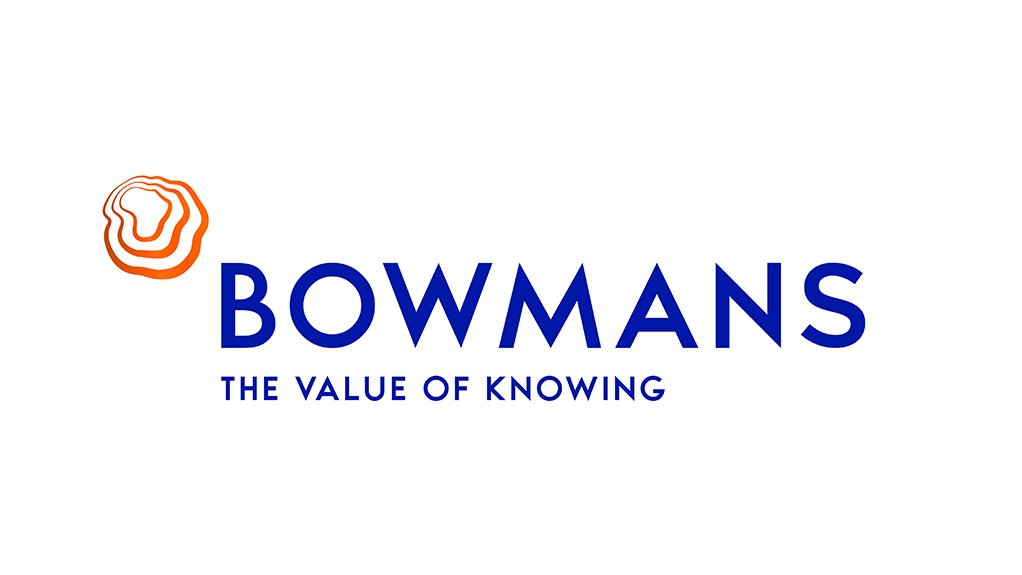At first glance, it might seem unlikely that South Africa’s Constitution could be instrumental in deciding a cargo dispute with its roots in a 40-year-long North African territory deadlock.
Yet the Constitution proved to be the compass that guided the Eastern Cape Local Division of the High Court in ruling on just such a matter.
At stake was a cargo of phosphate mined in Western Sahara, a North African territory under dispute by Morocco and the people of Western Saharan. The parties to the dispute reflected these divisions.
On the one hand were two Moroccan companies, namely the Phosphates de Boucraa mining house and its parent company OCP SA (whose largest shareholder is the Moroccan government).
On the other were two Western Sahara pro-independence groupings, the Polisario Front, a political movement representing the people of Western Sahara, and the Saharawi Arab Democratic Republic (SADR).
The South African connection was that the disputed phosphate was set to sail from its shores to New Zealand on a vessel named the Cherry Blossom.
Hence, the SADR and the Polisario Front were asking the High Court in the Eastern Cape for an order preventing the cargo from leaving the court’s jurisdiction.
Blurred lines and disputed territory
Ruling on a complex and controversial international law matter of this kind is a tall order, especially considering the territory dispute around Western Sahara. Morocco is said to control an estimated 80% of the region through a military presence, while the Polisario Front has proclaimed it as a sovereign state (the SADR).
Adding to the complexity is that the SADR is not a member of the United Nations. However, it does belong to the African Union and is recognised by 45 members of the United Nations – including South Africa.
The matter was argued in the High Court in May 2017, with the SADR and the Polisario Front contending that the phosphate cargo was the property of the people of Western Sahara and had been misappropriated. The two Moroccan companies essentially argued that Morocco exercises sovereignty over the area where the phosphate was mined, and so the principles of Moroccan law applied.
The High Court turned to the South African Constitution for guidance.
According to the Constitution, customary international law is recognised in South Africa unless this is inconsistent with the Constitution or with an act of parliament. The court also held that customary international law recognises the right of self-determination for territories designated as non-self-governing territories by the United Nations.
Right to self-determination recognised
Western Sahara has in fact been on the United Nations’ list of non-self-governing territories since 1963. Then, in 1974, the United Nations asked the International Court of Justice for an opinion on the status of Western Sahara. According to that opinion, while the territory did have certain ties with Morocco and Mauritania, these ties fell short of territorial sovereignty.
The Eastern Cape High Court took all of this into account. In weighing up the matter, it concluded that the people of Western Sahara had a right to self-determination. The court also concluded that the SADR and Polisario Front had successfully argued that the people of Western Sahara had not been consulted about the exploitation of the phosphate, which had taken place without their consent.
The court dismissed the Moroccan companies’ arguments, including that a South African court did not have jurisdiction over the matter, and granted the interdict sought by the SADR and Polisario Front.
While the case may still be the subject of further litigation, it is illuminating to see how the South African Constitution can come to the fore in a complex matter of international law.
Written by Jeremy Prain, partner, Shipping and Logistics Practice at Bowmans
EMAIL THIS ARTICLE SAVE THIS ARTICLE ARTICLE ENQUIRY
To subscribe email subscriptions@creamermedia.co.za or click here
To advertise email advertising@creamermedia.co.za or click here











